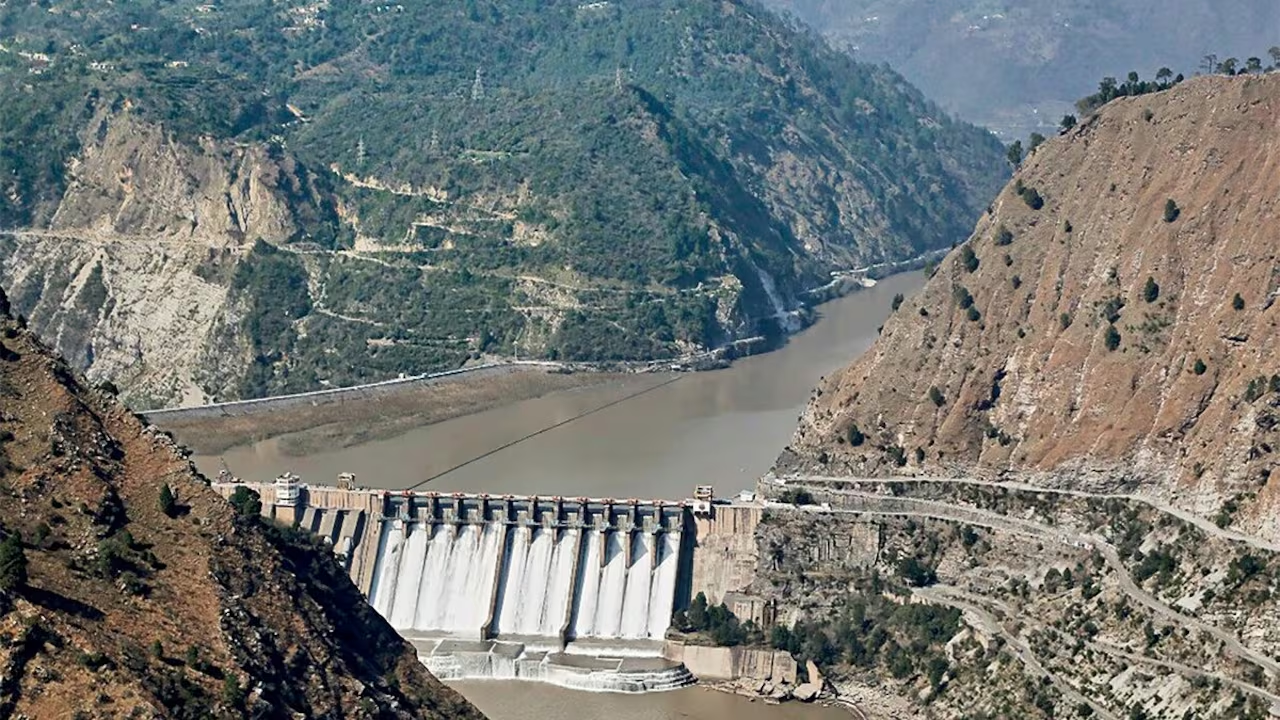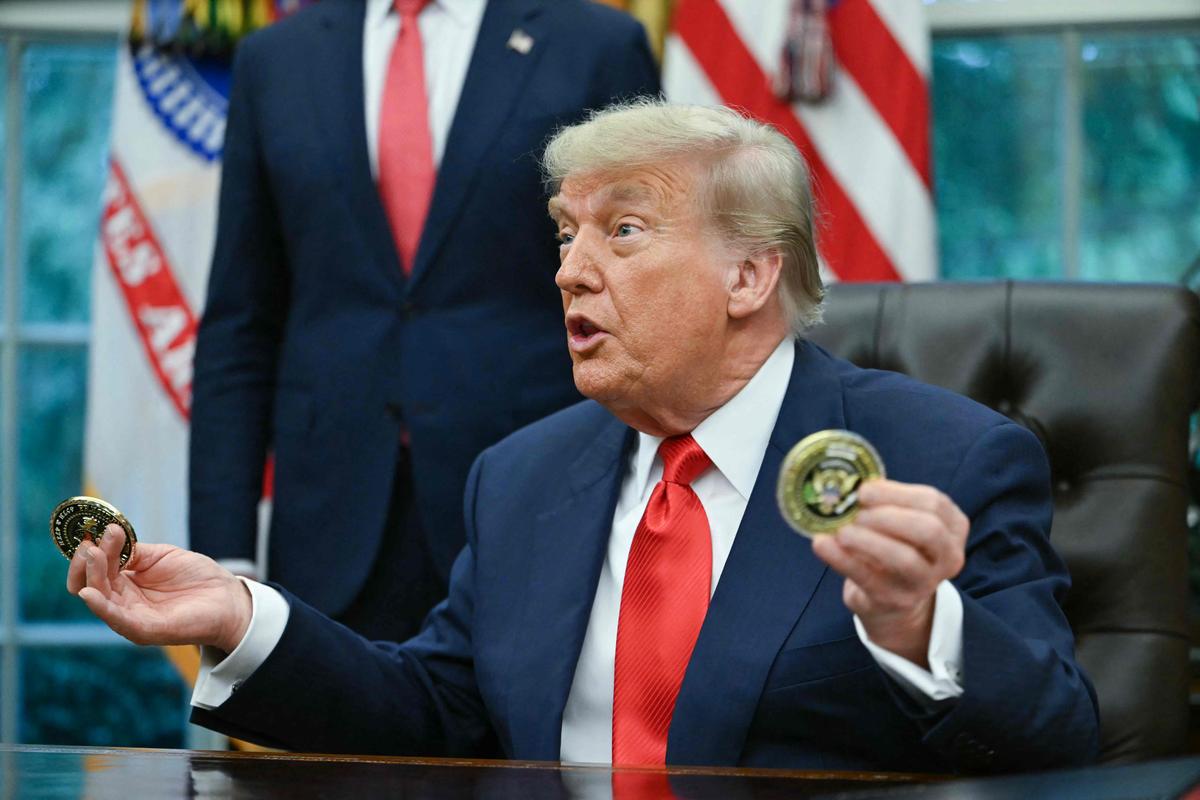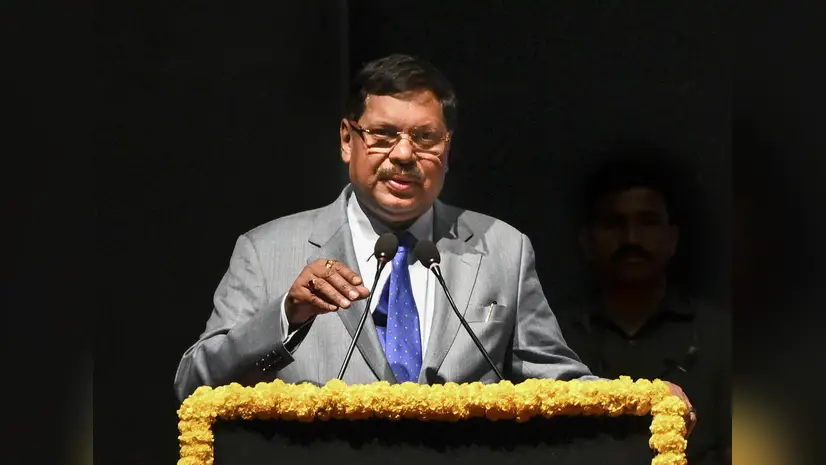- Courses
- GS Full Course 1 Year
- GS Full Course 2 Year
- GS Full Course 3 Year
- GS Full Course Till Selection
- Answer Alpha: Mains 2025 Mentorship
- MEP (Mains Enrichment Programme) Data, Facts
- Essay Target – 150+ Marks
- Online Program
- GS Recorded Course
- Polity
- Geography
- Economy
- Ancient, Medieval and Art & Culture AMAC
- Modern India, Post Independence & World History
- Environment
- Governance
- Science & Technology
- International Relations and Internal Security
- Disaster Management
- Ethics
- NCERT Current Affairs
- Indian Society and Social Issue
- NCERT- Science and Technology
- NCERT - Geography
- NCERT - Ancient History
- NCERT- World History
- NCERT Modern History
- CSAT
- 5 LAYERED ARJUNA Mentorship
- Public Administration Optional
- ABOUT US
- OUR TOPPERS
- TEST SERIES
- FREE STUDY MATERIAL
- VIDEOS
- CONTACT US
GLOBAL RISKS REPORT 2024
GLOBAL RISKS REPORT 2024
- In January,2024 the World Economic Forum (WEF) released the 19th edition of Global Risk Report 2024.
- It highlights severe risks expected over the next decade amid technological change, economic uncertainty, a warming planet, and conflict.
What is Global Risk?
- Global risk is defined as the possibility of the occurrence of an event or condition which, if it occurs, would negatively impact a significant proportion of global gross domestic product, population or natural resources.
- In other words, something bad affecting a lot of the world, like money, people, or nature.
- The Global Risks Report is an annual study published by the World Economic Forum ahead of the Forum’s Annual Meeting in Davos, Switzerland.
Current risk landscape

Key Highlights
-
Global Outlook Decline: Global events in 2023, including conflicts, extreme weather, and societal discontent, contribute to a largely negative outlook.
-
Societal discontent is the feeling that people have that the deterioration of society is out of control and therefore cannot be stopped.
-
AI Powered Misinformation and Disinformation: Most severe risks over the next two years.
-
Rapid advances in technology, especially Generative AI chatbots like ChatGPT, raise concerns about creating fake content for manipulation.
-
This risk coincides with elections in several countries, including the United States, Britain, Indonesia, India, Mexico, and Pakistan in 2024.
-
Structural Forces Shaping Global Risks:
-
Four structural forces shaping global risks in the next decade are: Climate change, Demographic Bifurcation (a structural force refers to changes in demographics), Technological Acceleration, and Geostrategic (strategy that links geography with war strategies) shifts.
-
These forces represent long-term shifts contributing to uncertainty and volatility.
-
Environmental risks, especially extreme weather, dominate the risk landscape across all time frames.
-
Concerns include climate change, biodiversity loss, and critical changes to Earth systems with potential irreversible consequences.
-
Economic Strains (stress) and Inequality: The cost-of-living crisis and economic risks like inflation and economic downturn are significant concerns for 2024.
-
Economic uncertainty may disproportionately affect low and middle-income countries, leading to potential digital isolation (situation where people are unable to access digital media and devices) and worsening (deteriorating) societal and environmental impacts.
-
Security Risks and Technological Advances: Interstate armed conflict is a new top risk in the next two years.
-
Technological advances, especially in artificial intelligence, pose security risks. It enables non-state actors to access disruptive tools, potentially increasing conflict and crime.
-
Geopolitical Shifts and Governance Challenges: A deeper divide between global powers, especially between the Global North and South, may lead to challenges in international governance.
-
The growing influence of states in the Global South, combined with geopolitical tensions could reshape security dynamics and impact global risks.
Recommendations suggested
-
Use local strategies with investment and rules to reduce risks. Both public and private sectors are important for this.
-
Prioritizing the future and focusing on research and development through single breakthrough for making the world a safer place.
-
The collective actions of individual citizens, companies, and countries can collectively impact global risk reduction.
-
Even in a divided world, cross-border collaboration is crucial for major risks.



